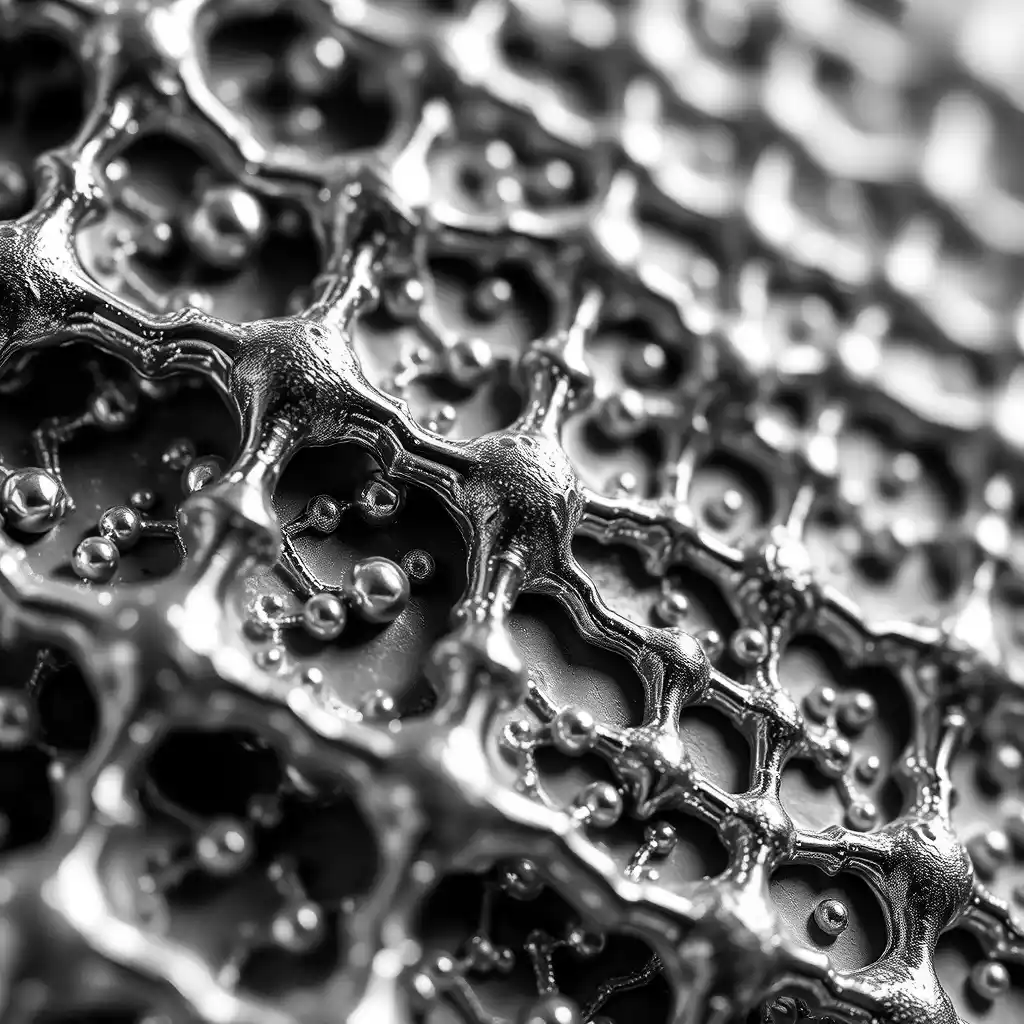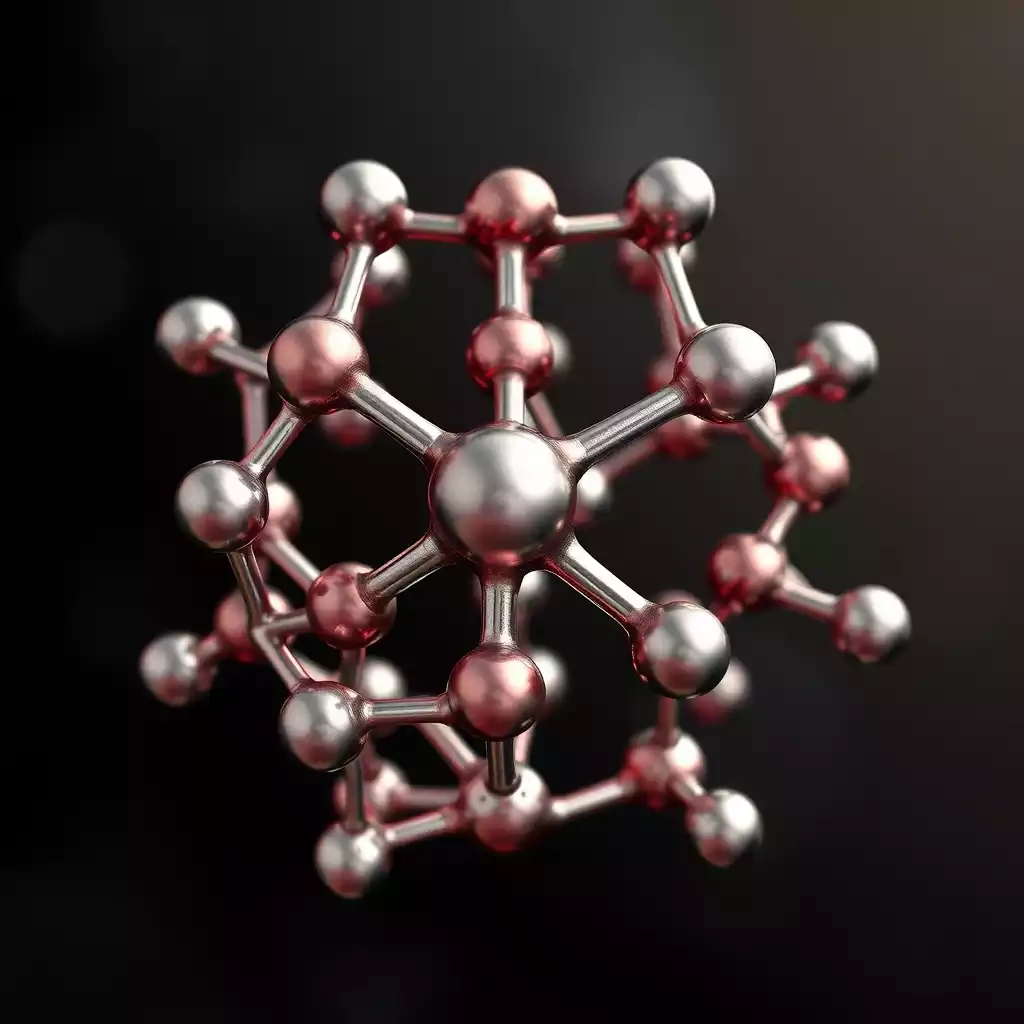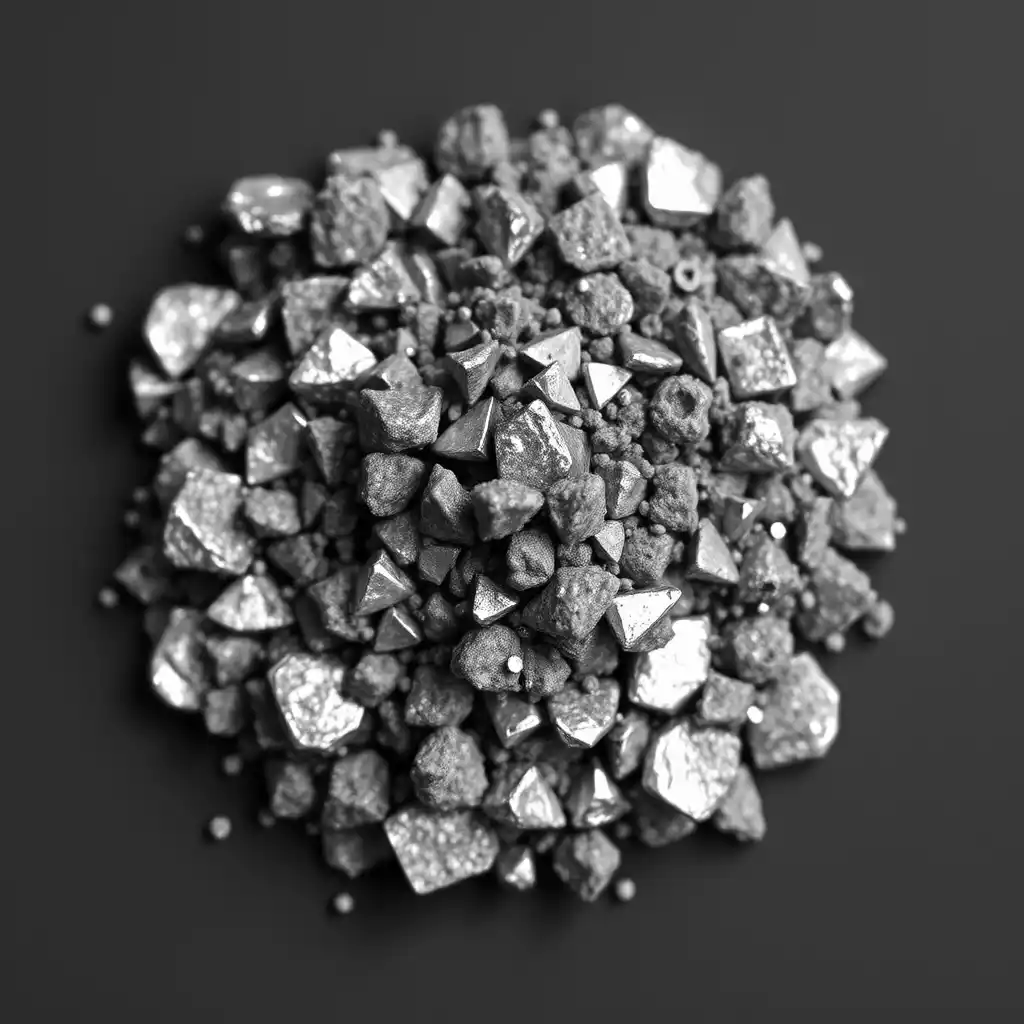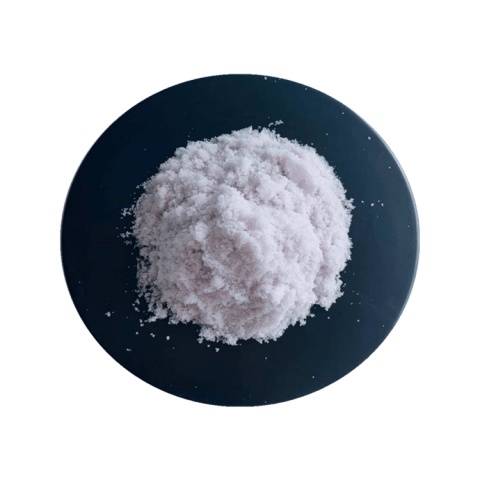![]()

What is a Ruthenium Catalyst?
Introduction to Ruthenium Catalysts
At Honrel, a leading global supplier of chemical raw materials, we specialize in delivering high-performance ruthenium catalysts tailored for industrial applications. Our ruthenium on activated charcoal catalysts (CAS No. 7440-18-8) are engineered to optimize efficiency in hydrogenation, oxidation, and energy conversion processes. Designed for factories and bulk buyers across Europe, America, Asia, and the Middle East, our catalysts combine cutting-edge technology with cost-effective solutions.
Table of Contents
1. What is a Ruthenium Catalyst?
A ruthenium catalyst is a chemical accelerator where ruthenium metal is dispersed on a porous support material like activated charcoal. This combination enhances reaction rates, reduces energy consumption, and improves product yields in industrial processes.
1.1 Why Ruthenium?
- High Activity: Ruthenium’s unique electron configuration enables efficient bond-breaking and formation.
- Thermal Stability: Operates effectively at temperatures up to 500°C.
- Corrosion Resistance: Ideal for acidic or alkaline environments.
1.2 Role of Activated Charcoal
Activated charcoal (AC) acts as a high-surface-area carrier, preventing ruthenium nanoparticle agglomeration. Honrel offers AC from coconut shell, coal, wood, and peat, each optimized for specific applications.
2. Honrel’s Ruthenium Catalyst Specifications
Our ruthenium catalysts (Grades: Ru 101, Ru 103, Ru 105, Ru 107, Ru 110) are customizable to meet diverse industrial needs:
2.1 Technical Parameters
| Property | Specifications |
|---|---|
| Ruthenium Content | 0.1% – 30% (adjustable for cost or performance-driven applications) |
| Carrier Material | Coconut shell, coal, wood, peat |
| Specific Surface Area | ≥930 m²/g (powdered AC); 750–1,320 m²/g (columnar/granular AC) |
| Metal Surface Area | 85–105 m²/g (ensures active site accessibility) |
| Particle Size | 15–100 μm (powdered); 0.8–4mm (columnar); 4–12 mesh (flaky/granular) |
| Impurities | ≤0.3% (Cu, Fe, Cr, Ni, Ag, Mg) – minimal contaminants for stable performance |
| Moisture Content | 0.1%–65% (adjustable for slurry or dry-phase reactions) |
Explore Honrel’s Ruthenium Catalyst Product Page
3. Industrial Applications of Ruthenium Catalysts
Our catalysts are trusted by industries worldwide for their versatility:
3.1 Hydrogenation Reactions
- Pharmaceuticals: Selective hydrogenation of nitro compounds to amines (e.g., paracetamol intermediates).
- Food Processing: Trans-fat reduction in vegetable oils using 10% Ru/wood AC at 150°C.
- Fine Chemicals: Production of fragrances and dyes with 5% Ru/coconut AC.
3.2 Energy & Environmental Solutions
- Ammonia Synthesis: Ru/AC (20% loading) outperforms traditional Fe catalysts at 50–100 bar pressure.
- Hydrogen Production: Efficient ammonia cracking at 600°C for clean energy.
- CO₂ Conversion: Ru-K/AC systems convert CO₂ to methane (Sabatier reaction), aiding carbon capture.
3.3 Petrochemical Refining
- Fischer-Tropsch Synthesis: Produces linear alkanes from syngas using 10% Ru/coal AC.
- Desulfurization: Removes sulfur compounds from diesel via hydrodesulfurization (HDS).

4. Why Choose Honrel’s Ruthenium Catalysts?
4.1 Customization for Global Markets
- Carrier Flexibility: Coconut shell AC (high microporosity) for small molecules; coal AC (mesopores) for petrochemicals.
- Particle Size Optimization: Match our 15–100 μm powders or 4–12 mesh granules to your reactor’s filter system.
- Ru Loading Control: From 0.1% (low-cost batch processes) to 30% (high-activity continuous reactors).
4.2 Quality Assurance
- Purity: ≤0.3% impurities ensure no catalyst poisoning.
- Durability: Particle strength ≥90% minimizes attrition in fluidized beds.
- Compliance: Meets REACH, OSHA, and ISO standards for global export.
4.3 Cost & Time Efficiency
- Bulk Discounts: Competitive pricing for factories in Europe, Japan, Russia, and Iran.
- One-Stop Supply: Pair ruthenium catalysts with our precious metals or rare earth products for streamlined procurement.
5. How to Select the Right Ruthenium Catalyst
5.1 Match Carrier Material to Your Reaction
- Coconut Shell AC: Best for hydrogen storage (microporous structure).
- Coal-Based AC: Ideal for heavy hydrocarbon processing.
- Wood AC: Cost-effective for VOC oxidation.
5.2 Consider Reactor Type
- Fixed-Bed Reactors: Use columnar AC (0.8–4mm) for low pressure drop.
- Slurry Reactors: Opt for powdered AC (30 μm) for maximum surface contact.
5.3 Request a Free Consultation
Honrel’s technical team provides free application analysis to recommend the optimal Ru grade and carrier.
6. FAQs About Ruthenium Catalysts
Q1: What is the lead time for bulk orders?
A: Most orders ship within 7–14 days, with expedited options for urgent needs.
Q2: Can Honrel customize impurity limits?
A: Yes – we adjust leaching processes to meet specific purity requirements (e.g., <0.1% Fe).
Q3: Do you provide regeneration services?
A: Yes! We recover >90% Ru from spent catalysts via acid washing or thermal treatment.
7. Partner with Honrel – Your Global Chemical Raw Material Supplier
With clients in over 15 countries, Honrel is synonymous with reliability in the chemical industry. Our Catalyst Raw Material category offers:
- Ruthenium, Palladium, and Platinum Catalysts
- Zeolites, Molecular Sieves, and Enzyme Catalysts
- Custom Blends for Niche Applications
8. Conclusion
Ruthenium catalysts are indispensable in modern industry, and Honrel delivers solutions that balance performance, cost, and scalability. Whether you’re a factory in Germany refining biofuels or a chemical plant in South Korea synthesizing pharmaceuticals, our ruthenium on activated charcoal catalysts are engineered for success.
Ready to Optimize Your Process?
Contact Honrel Today for a quote or technical consultation.




